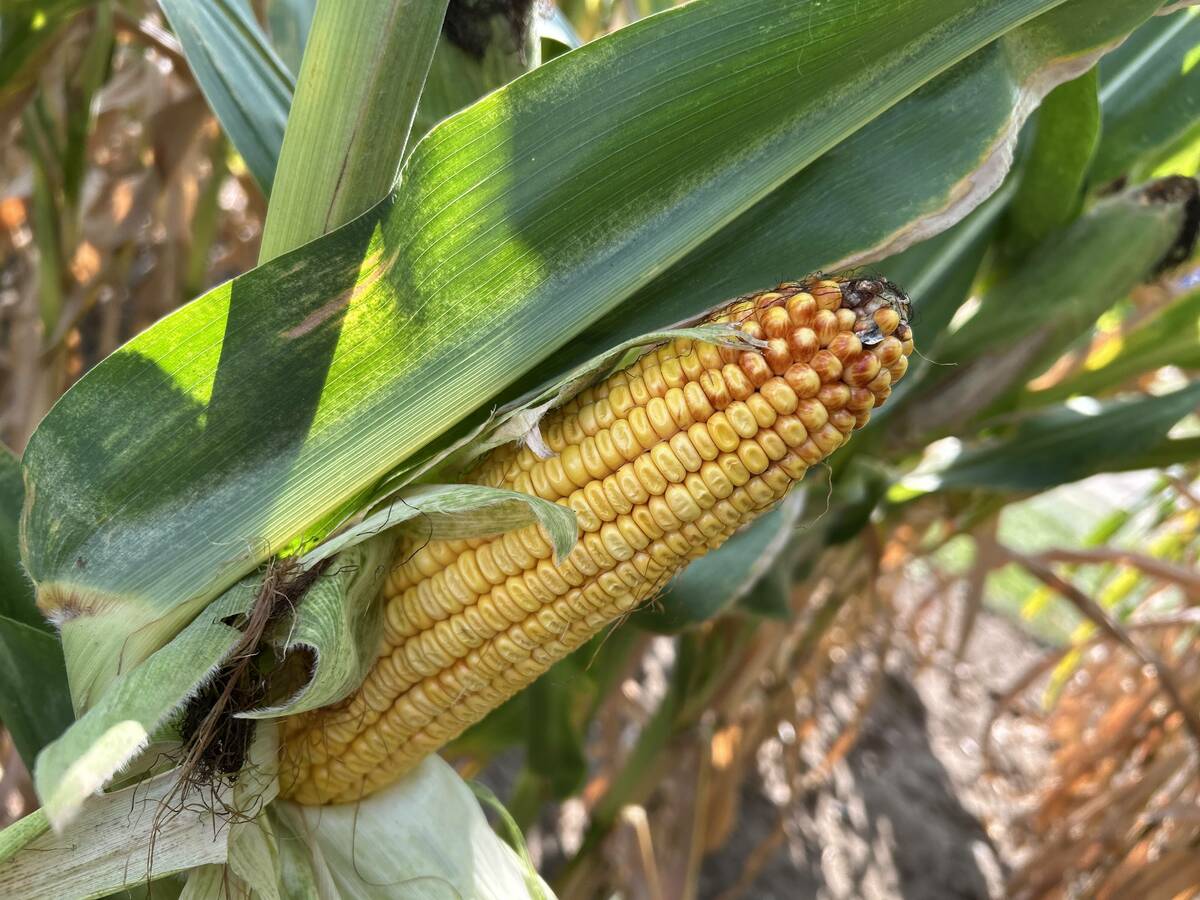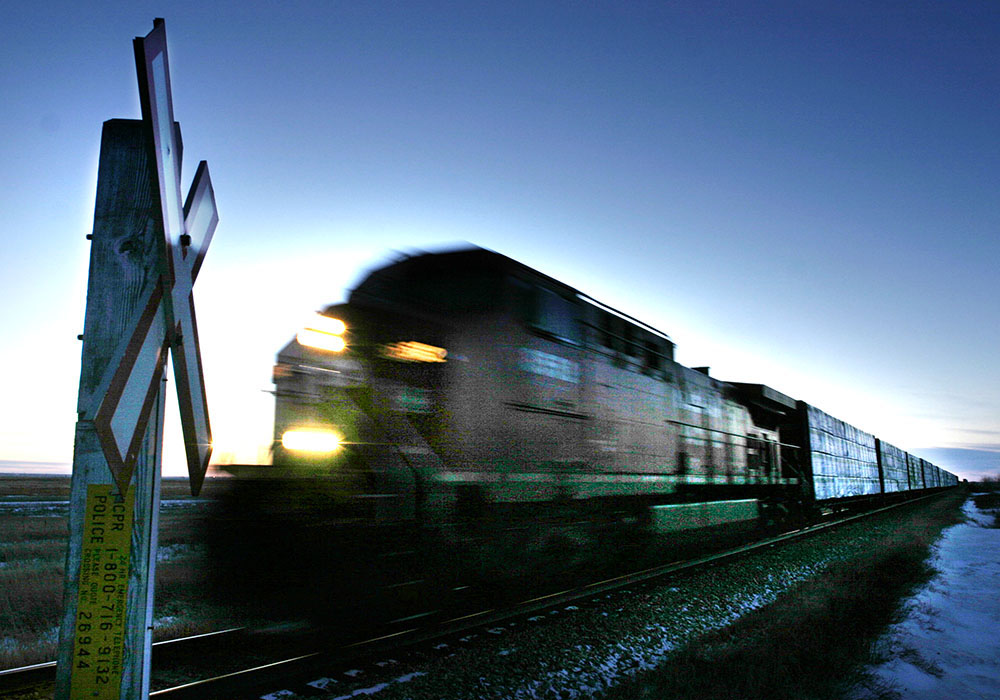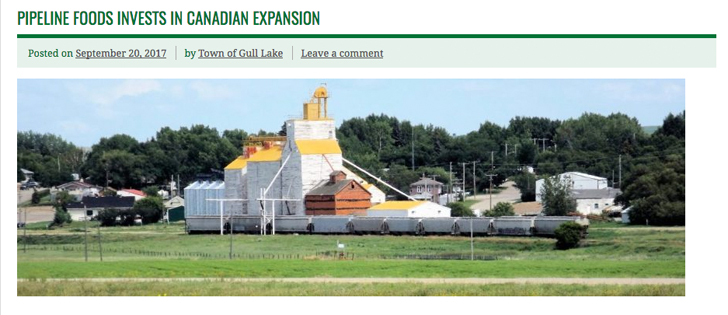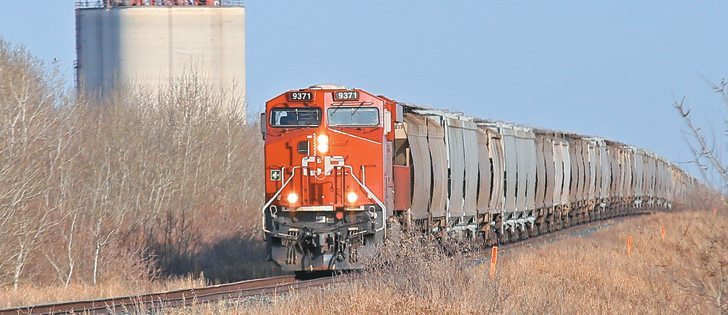There will be less transparency in grain markets following the demise of a largely unknown entity, say industry analysts.
The Canadian Ports Clearance Association ended its grain transportation business on July 31.
Executive director Harv Friesen said few farmers were aware the century-old organization existed. The association tracked and co-ordinated the movement of western grain from terminals to ships at ports in Vancouver and Thunder Bay.
“We basically kept track of the inventory in the two ports by grain grade and which elevators they were in and who owned it,” he said.
Read Also

Crop estimates show mixed results
Model-based estimates used by Statistics Canada showed the 2025/26 crop year has seen increases in canola, corn for grain, oats and lentils production while seeing dips in spring wheat, durum wheat, soybeans and barley in comparison to 2024/25.
The association performed several accounting functions at the port and was involved in the logistics of loading vessels at the various terminals.
“Maybe a little like air traffic controllers for vessels. Just telling them when they’re going to the next elevator and that kind of stuff,” said Friesen.
It also produced daily reports from each location, listing vessels in the two ports and ones arriving.
Chuck Penner, president of LeftField Commodity Research, said those reports helped provide grain marketing advice to his subscribers.
“I found them tremendously valuable. When you would see these vessels in the lineup it could really give you a good picture about why prices are doing what they’re doing,” he said.
For instance, there were periods last year when he would see nine vessels of peas at Port Metro Vancouver or on their way to the port. He would compare what was needed to fill those vessels with Canadian Grain Commission data of stocks in commercial position.
“Based on that I knew that, short-term anyway, bids for peas were going to remain very firm,” said Penner.
“It was a very valuable market signal.”
Brian Clancey, editor of Stat Publishing, also appreciated the reports.
“That was useful information for farmers. It made the market more visible. By losing this agency and losing those reports the market just becomes a deeper and deeper shade of grey,” he said.
The Canadian Grain Commission compiles export data but it is historical information. The Canadian Ports Clearance Association reports contained forward-looking information that provided insight on short-term demand from the elevator companies. It was also useful for illuminating transportation trends.
“You could see bulk overtake containers in peas. You could see bulk become more important in lentils. Now this won’t be so obvious,” said Clancey.
The association was formed in 1909 as the Lake Shippers Clearance Association. In 1999, it merged with the British Columbia Grain Shippers Clearance Association to form the Canadian Ports Clearance Association.
It employed eight people working out of offices in Winnipeg, Thunder Bay and Vancouver.
Friesen and association president Aaron Anderson refused to answer why an association that has been around for over a century was closing its doors.
But in an interview with Reuters in January, previous association president Doug Hilderman said the group would have a diminished role under an open market. The Canadian Wheat Board needed its services because it did not own grain terminals or vessels yet was the largest shipper of western grains.
“When it’s (direct) sales and I’m buying from you, I don’t know if we need a party in between us to tell me where to put my boat in. The core function they’ve had is essentially irrelevant now,” Hilderman told Reuters.
Friesen said grain companies and the CWB owned the association. The CWB was its largest participant because it shipped the biggest quantity of grain.
Penner used the vessel line-up reports to track pulse crops like peas and lentils being shipped out of Vancouver and special crops like mustard and canaryseed out of Thunder Bay.
“I don’t know whether anybody is going to pick it up. I really hope so,” he said.
Friesen said there have been rumours of a couple of companies that might do some kind of vessel list but he doesn’t know how much faith to put in the rumours.















